Publications
Articles, publications, books, tools and multimedia features from the U.S. Institute of Peace provide the latest news, analysis, research findings, practitioner guides and reports, all related to the conflict zones and issues that are at the center of the Institute’s work to prevent and reduce violent conflict.
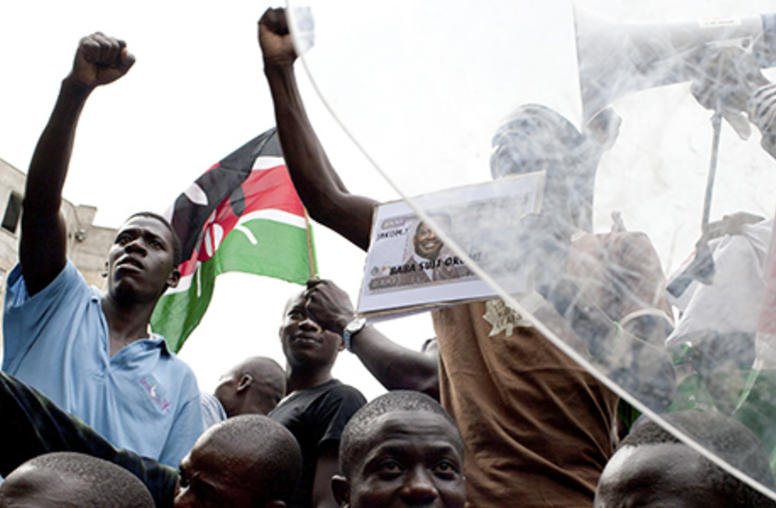
Q&A: Amid Kerry Visit, Kenya Braces for 2017 Elections
Kenyan President Uhuru Kenyatta’s first four years in office expire next year and he has announced he’s going to run for a second term in elections scheduled for August 2017. But the competition for power already is heating up.
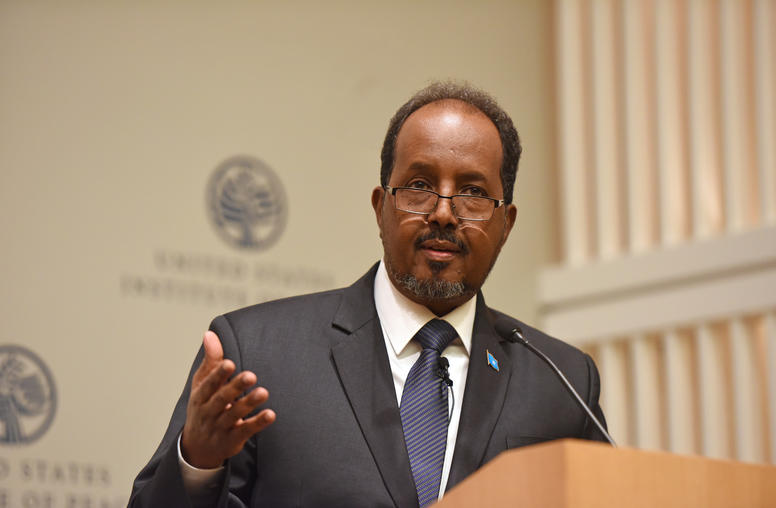
Somalia Seeks Best Possible Elections, More Security Aid
Four years after the formation of a federal government in Somalia, the country has built nascent institutions, but it will need years of financial and security support to make the new state effective, President Hassan Sheikh Mohamud said April 20 at USIP. The country’s next critical step will be to hold national elections before September, a vote that Mohamud said will be less democratic than he and other Somalis had hoped—but an improvement in a country that has not elected any government since 1969.
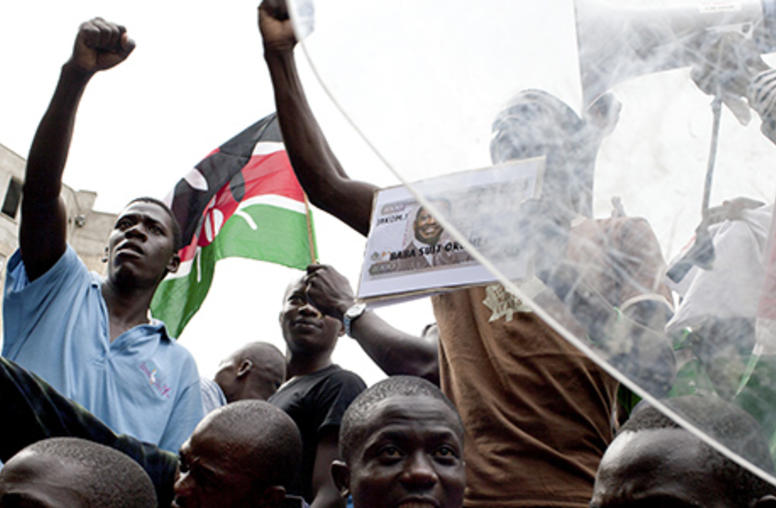
International Election Fraud Alerts May Spark Violence
Condemnations of election fraud by international monitors have become staples of global efforts to advance democratic practices and honor the will of a country’s citizens. But what if these denunciations actually make things worse? That was the finding from three years of research conducted by the winner of the U.S. Institute of Peace’s first Peace Dissertation Prize, Inken von Borzyskowski.
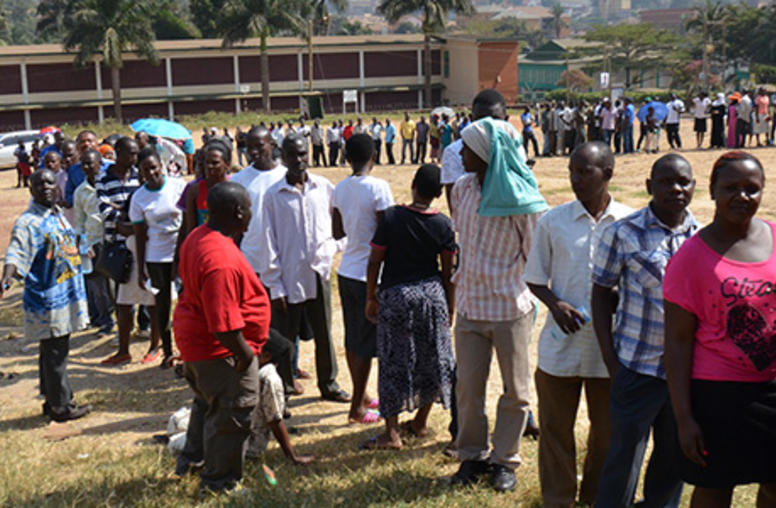
Q&A: Uganda’s Troubled Election
Political polarization is high in the East African nation of Uganda, following the February 18 elections in which President Yoweri Museveni has claimed a victory that will extend his 30-year rule of the country. Elizabeth Murray, who oversees USIP’s programming and research in Uganda, discusses the tensions created by the elections, including the government’s repression, and arrests, of political opponents.
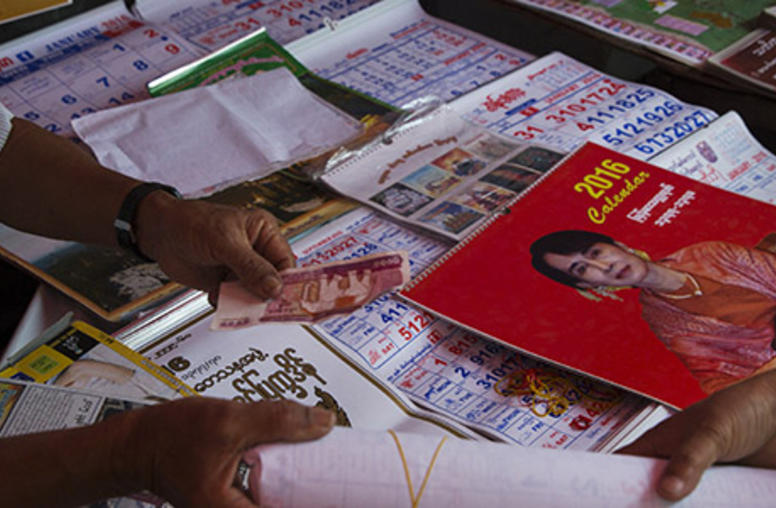
Q&A: Myanmar’s New Parliament with Suu Kyi Party Majority
Myanmar’s transition to representative democracy reaches another milestone on Feb. 1: A new parliament begins work with a majority of its members for the first time belonging to the National League for Democracy (NLD), the party led by Nobel Peace Prize laureate Aung San Suu Kyi. Priscilla Clapp, a former American diplomat in Myanmar and U.S. Institute of Peace specialist on the country, discusses the next steps and the likely effect of the change on Myanmar’s political, economic and societal...
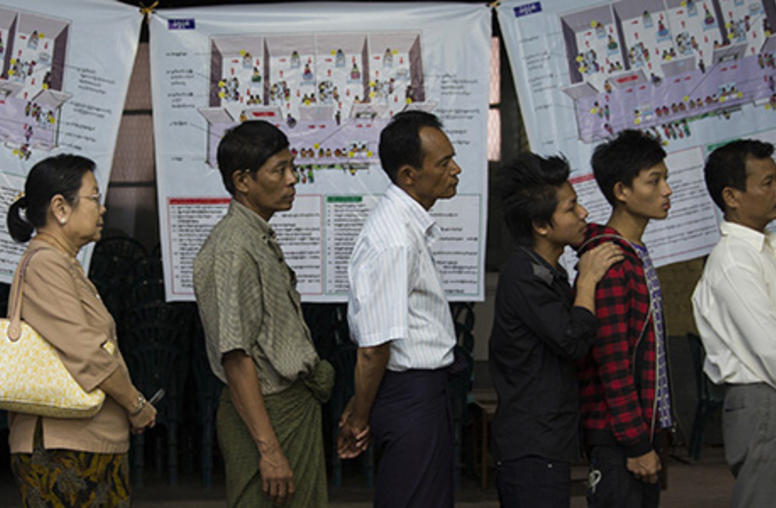
Q&A: Myanmar Voters Cast Ballots for Democracy
Myanmar’s transition to representative democracy took a critical step on Nov. 8 as the nation held the first general election since almost 50 years of military rule ended in 2011. While ballots are still being counted, the National League for Democracy, led by Nobel Peace Prize laureate Aung San Suu Kyi, appears headed to winning control of parliament. Priscilla Clapp, a former American diplomat in Myanmar and U.S. Institute of Peace specialist on the country, discusses the implications of th...
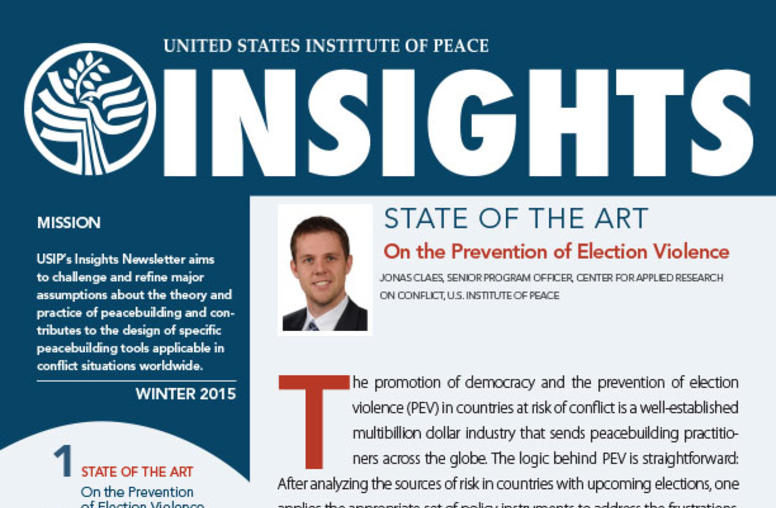
Winter 2015 Insights Newsletter – Preventing Election Violence
Insights highlights major questions on the research and practice of peace and conflict, to more than 10,000 subscribers from around the world.
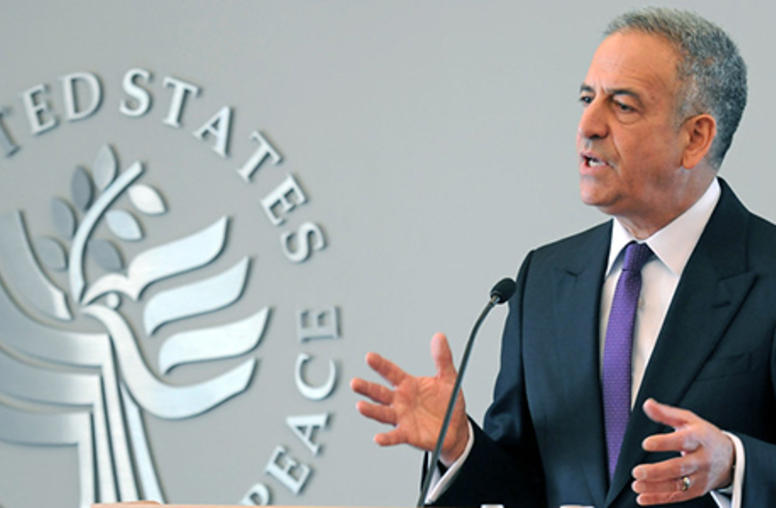
Feingold Presses Three African States on Elections
Russell Feingold, the U.S. Special Envoy working to stabilize Africa’s Great Lakes region, urged Rwanda, Burundi and the Democratic Republic of Congo (DRC) to hold fair, democratic elections as a key step to bringing peace to the region. And he pressed the DRC to launch a promised military offensive in the country’s East against an ethnic Hutu militia that includes fighters who participated in the anti-Tutsi genocide in Rwanda 21 years ago.
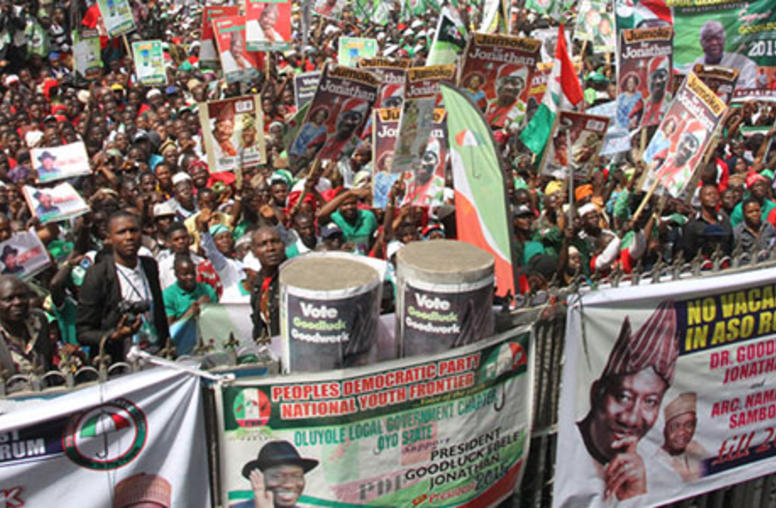
Democratic But Deadly
Will violence rock Nigeria's Feb. 14 national election? Perhaps--but there was a way to prevent it.
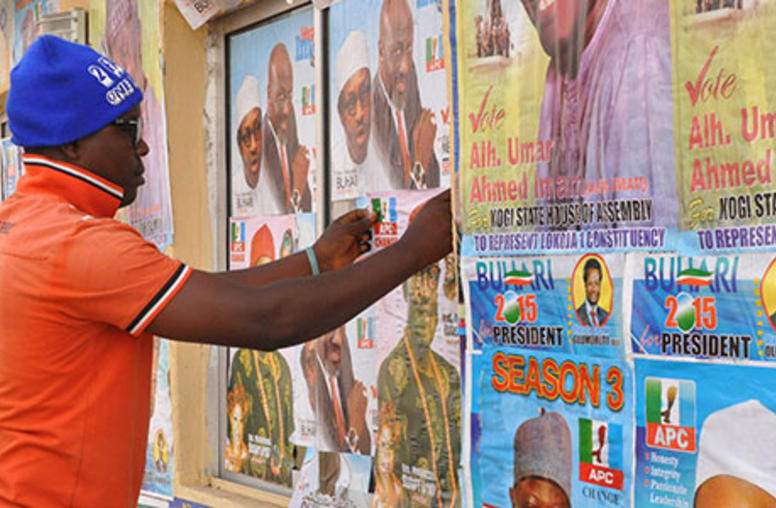
Staving Off Nigeria’s Next Train Wreck
Africa’s biggest democracy is pushing ahead with its next election. Here's why that would be a mistake.